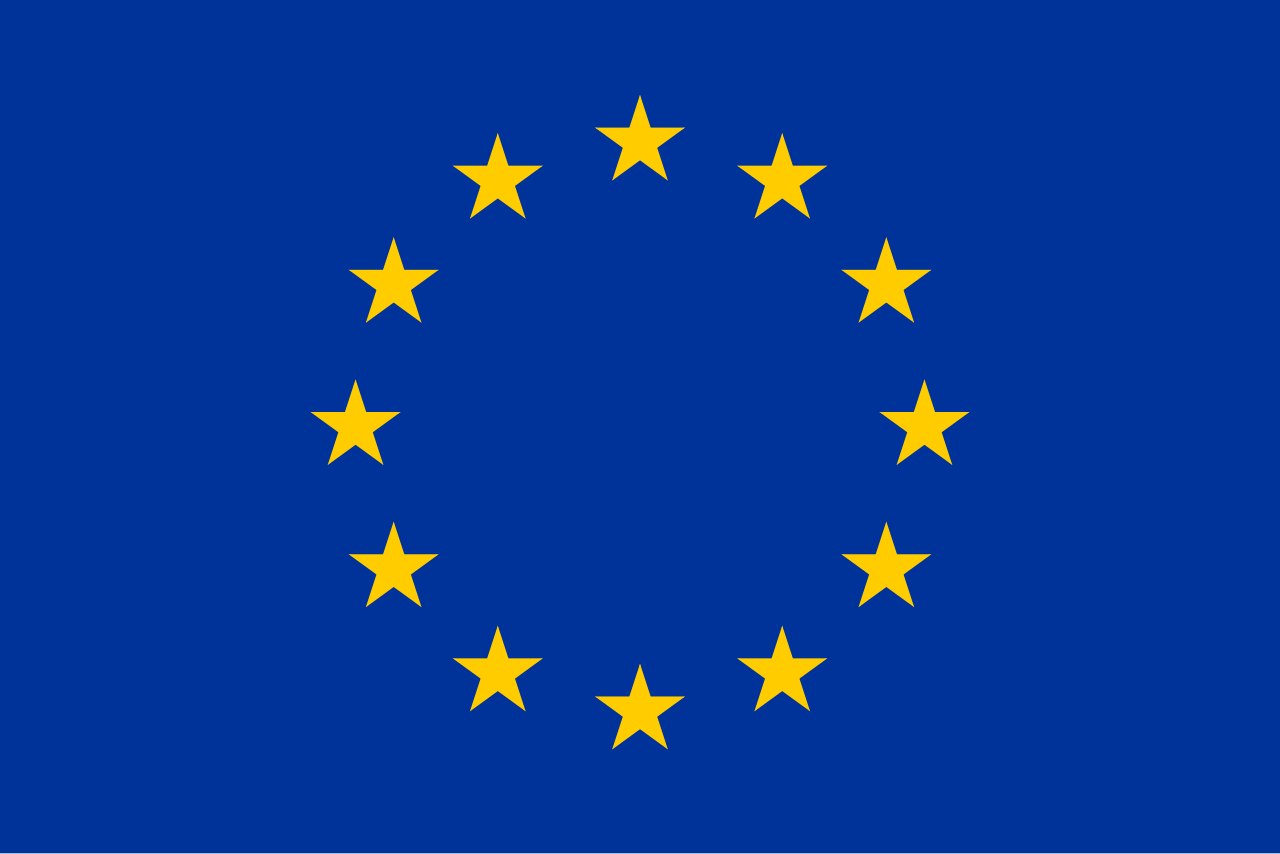

According to the attorney general who entered the opinion that influenced Hessischer Rundfunk case, over 3% of people in the EU were unbanked /despite/ the basic banking option.
I don’t know how many people are unbanked by choice, but certainly forced-banking is a form of oppression; the freedom from which is only possible if you have the choice not enter the marketplace and patronise a bank. If, for example, you oppose the fact that all banks finance the fossil fuel industry, you should have a right to boycott all banks. It also seems incompatible with the GDPR to /force/ people to create a digital footprint which then entails trusting a bank to not be breached.
Presumeably the 3% includes some undocumented people and asylum seekers.
In Belgium, basic accounts are crippled such that they do not support cash operations. So if your income is in cash (e.g. domestic workers and sex workers), the basic account won’t help.









Thanks. I wonder how long that statement has been made. In the past I was never confident in the wording from the national bank as far as expiry of banknotes. But the page you link seems solid enough. Saving an archived version here as an extra measure against any future shenanigans:
https://web.archive.org/web/20250521052910/https://www.bankofengland.co.uk/banknotes/exchanging-old-banknotes
(and because bankofengland.co.uk is not an open access website)